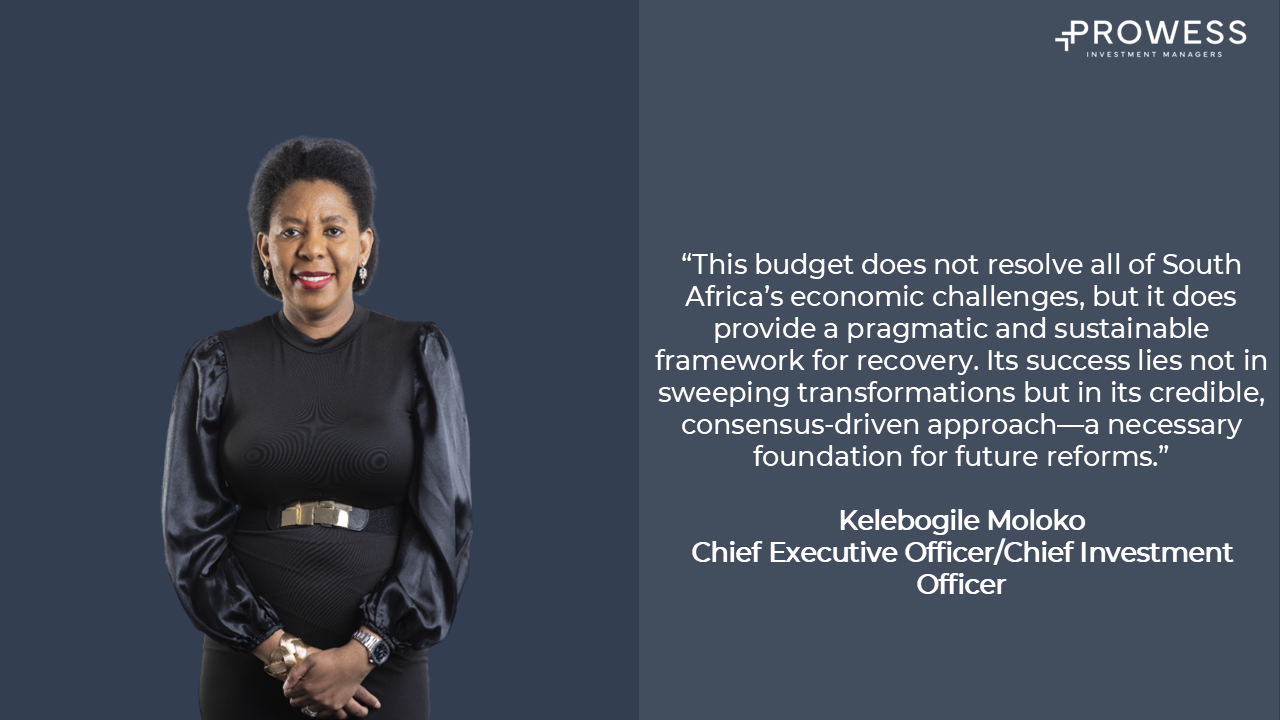Finance Minister Enoch Godongwana’s third attempt at delivering South Africa’s national budget has achieved a critical milestone, marking a notable success despite formidable economic and political challenges. While this outcome was anticipated—particularly following extensive negotiations to align diverse stakeholders within the Government of National Unity (GNU)—its significance should not be understated. The budget’s approval reflects a hard-won consensus in a fractious political landscape, demonstrating the GNU’s capacity for cooperative governance amid competing ideological and fiscal priorities.
Navigating a Challenging Fiscal Landscape
Globally, economies face persistent headwinds—sluggish growth, geopolitical instability, and elevated debt levels—while domestically, South Africa contends with structural constraints, including low growth, high unemployment, and strained public finances. Against this backdrop, the National Treasury has delivered a budget that balances short-term socioeconomic pressures with medium-term fiscal sustainability. The government’s commitment to expenditure rationalisation, deficit reduction, and debt stabilisation signals adherence to credible macroeconomic policy, even as social spending remains a priority.
Key Budgetary Measures: Fiscal Discipline with Strategic Investments
The budget’s most significant elements include:
- Expenditure restraint – A continued focus on reducing non-essential spending while protecting critical social programs.
- Revenue enhancements – Avoiding politically contentious VAT hikes, the Treasury instead introduced targeted tax adjustments, including bracket creep relief and sin tax increases, to bolster revenues without overburdening households.
- Infrastructure investment – Sustained allocations to energy, transport, and logistics aim to address binding constraints on growth, though execution risks remain.
Economic Context and Market Response
Favourable macroeconomic trends—such as moderating inflation and a stable interest rate environment—have provided some fiscal breathing room, easing pressure on consumers and improving the outlook for private investment. Financial markets responded with cautious optimism, as the budget avoided drastic revenue shocks while maintaining a credible fiscal trajectory.
A Democratic Achievement
Beyond its technical merits, this budget represents a democratic accomplishment. In a fragmented political climate, the GNU facilitated inclusive deliberation, ensuring that competing interests were accommodated without derailing fiscal responsibility. The result is a budget that, while imperfect, advances South Africa’s economic stability while acknowledging the urgent needs of its citizens.
Conclusion
This budget does not resolve all of South Africa’s economic challenges, but it provides a pragmatic and sustainable framework for recovery. Its success lies not in sweeping transformations but in its credible, consensus-driven approach—a necessary foundation for future reforms. The real test, however, will be implementation, requiring continued political cohesion and effective public financial management.


